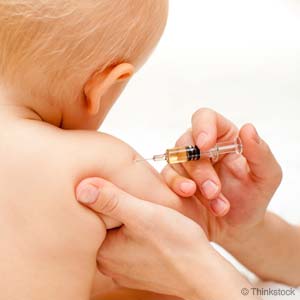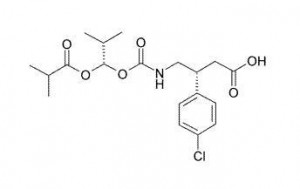
Vaccination
A new epidemic of measles has broken out in Wales. Vaccination rates fell after a paper linking the vaccine to autism was published in the 1998. The paper was later proven to be fraudulent. NPR reports:
More than 1,200 people have come down with measles so far this year, following nearly 2,000 cases in 2012. Many of the cases have been in Wales.
Childhood vaccination rates plummeted in Great Britain after a 1998 paper by Dr. Andrew Wakefield claimed that the vaccine for measles, mumps and rubella had caused autism in a dozen children. That study has since been proven , but it fueled fears about vaccine safety in Great Britain and the United States.
“This is the legacy of the Wakefield scare,” Dr. David Elliman, spokesman for the Royal College of Pediatrics and Child Health, told The Associated Press.
Most of the measles cases have been in children and teenagers between the ages of 10 and 18, according to British health officials. In that age group, vaccination rates dropped below 50 percent in some parts of England after the Wakefield paper was published.
